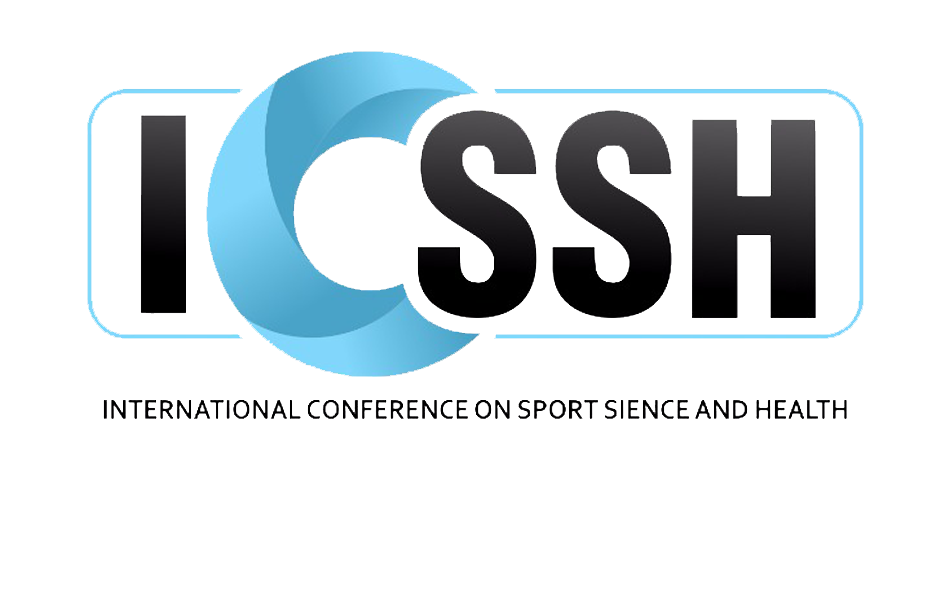Optimization of movement skills assessment in physical education learning using online self and peer assessment
DOI:
https://doi.org/10.56003/jse.v3i2.168Keywords:
self assessment, peer assessment, movement skills, physical educationAbstract
The obstacle for physical education (PE) teachers during COVID-19 was conducting video assessments of students' movement skills one by one so that the teacher's focus was dominant on assessing. This study aims to examine the effectiveness of self-and peer assessment of the skills of Pencak silat front kicks in Physical Education subjects. The method used is a comparative causal method with a quantitative approach. The selection of the sample is by using the incidental sample technique in class VIII students of SMP Negeri 3 Malang. The data obtained was in the form of self-, peer, and teacher assessments on the material for Pencak silat front kicks using an online application. The results of the different tests using the Wilcoxon Signed Test obtained a P value > 0.05 so that the data did not differ between the comparison of self- (SA) and peer assessments (PA) and the teacher's assessment (TA). Self-assessment and peer assessment was declared effective in assessing movement skills, especially the material for the Pencak silat front kick.
Downloads
References
Adachi, C., Tai, J. H.-M., & Dawson, P. (2018). Academics’ perceptions of the benefits and challenges of self and peer assessment in higher education. Assessment & Evaluation in Higher Education, 43(2), 294–306.
Cahyanto, A., Heynoek, F., & Fitriady, G. (2022). Analisis Penerapan Asesmen Berbasis Daring pada Mata Pelajaran PJOK pada Masa Pandemi. Sport Science and Health, 4(1), 65-74-65–74.
Daradoumis, T., Puig, J. M. M., Arguedas, M., & Liñan, L. C. (2019). Analyzing students’ perceptions to improve the design of an automated assessment tool in online distributed programming. Computers & Education, 128, 159–170.
Erdogan, T., Yurdabakan, I., & Senemoglu, N. (2018). Self-and peer assessment in PBL: A higher education example. Proceedings of IAC in Budapest 2018, 53–59.
Fitriady, G., Sugiyanto, S., & Sugiarto, T. (2020). Online Assessment of Cognitive Aspects in Higher Education. Gelanggang Pendidikan Jasmani Indonesia, 4(2), 25–30.
Goh, C. F., Leong, C. M., Kasmin, K., Hii, P. K., & Tan, O. K. (2017). Students’ Experiences, Learning Outcomes and Satisfaction in e-Learning. Journal of E-Learning and Knowledge Society, Vol 13, No 2 (2017): Journal of eLearning and Knowledge Society. https://doi.org/10.20368/1971-8829/1298
Hadiana, D. (2015). Penilaian Hasil Belajar untuk Siswa Sekolah Dasar. Jurnal Pendidikan Dan Kebudayaan, 21(1), 15–26.
Iglesias Pérez, M. C., Vidal-Puga, J., & Pino Juste, M. R. (2022). The role of self and peer assessment in Higher Education. Studies in Higher Education, 47(3), 683–692.
Jaya, K., Heynoek, F., & Fitriady, G. (2022). Strategi Pembelajaran Online Mata Melajaran PJOK di SMK pada Masa Pandemi Covid-19. Sport Science and Health, 4(1), 75-82-75–82.
Kulkarni, C., Wei, K. P., Le, H., Chia, D., Papadopoulos, K., Cheng, J., Koller, D., & Klemmer, S. R. (2013). Peer and self assessment in massive online classes. ACM Transactions on Computer-Human Interaction (TOCHI), 20(6), 1–31.
Kurniawan, A. W., & Hasan, A. N. H. (2021). Survei Efektifitas Proses Pembelajaran Online Akibat Pandemi Coronavirus (Covid-19) Pada Mata Kuliah Senam Lantai. Journal Coaching Education Sports, 2(2), 177–194.
Murti, W., Maya, S., & Lestari, P. I. (2022). Pengaruh Penggunaan Buku Pedoman Praktikum Ekologi Tumbuhan Terhadap Hasil Belajar Mahasiswa. Binomial, 5(1), 13–24.
Nahadi, F. H., & Khilda, K. (2017). Pengembangan Instrumen Penilaian Diri dan Penilaian Teman Sejawat untuk Menilai Kinerja Siswa SMK pada Praktikum Kimia. Jurnal Peneltian Pendidikan Kimia, 4, 111–118.
Rakhmat, J. (2011). Psikologi komunikasi. Bandung: Remaja Rosdakarya
Sahin-Taskin, C. (2018). Effects of active learning environments supported with self-and peer assessment on pre-service teachers’ pedagogical and self-efficacy beliefs. Asia-Pacific Journal of Teacher Education, 46(5), 421–440.
Seifert, T., & Feliks, O. (2019). Online self-assessment and peer-assessment as a tool to enhance student-teachers’ assessment skills. Assessment & Evaluation in Higher Education, 44(2), 169–185.
Thompson, D., & McGregor, I. (2009). Online self‐and peer assessment for groupwork. Education+ Training, 51(5/6), 434–447.
Ventista, O. M. (2018). Self-assessment in massive open online courses. E-Learning and Digital Media, 15(4), 165–175.
Zahro, I. F. (2015). Penilaian dalam pembelajaran anak usia dini. Tunas Siliwangi: Jurnal Program Studi Pendidikan Guru PAUD STKIP Siliwangi Bandung, 1(1), 92–111.

Downloads
Published
How to Cite
Issue
Section
License
Copyright (c) 2022 Gema Fitriady, Mohammad Alfarizi, Surya Adi Saputra

This work is licensed under a Creative Commons Attribution-ShareAlike 4.0 International License.
















